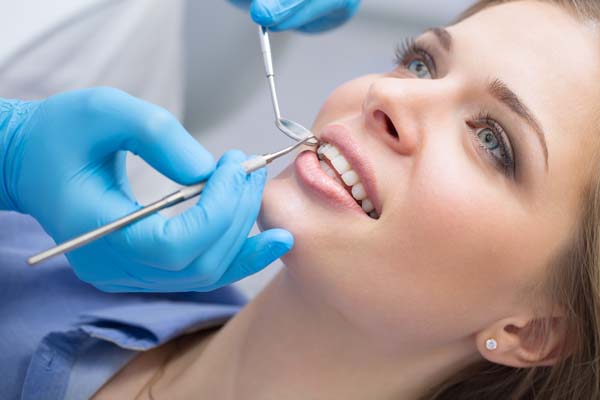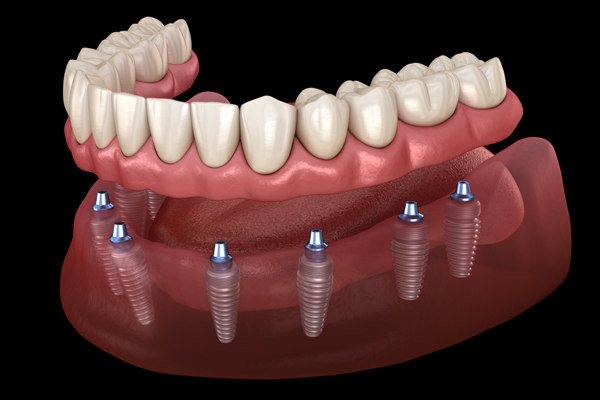Dental Implant Placement After Traumatic Tooth Expulsion

Tooth expulsion is not something anyone wants to go through, but thankfully, a dental implant can help with this. Often times, a tooth expulsion occurs due to a traumatic injury to the face or head. With the help of a dental implant, a tooth expulsion can easily be taken care of.
Dental implants are one of the most effective ways to replace missing teeth. They are durable and very long-lasting. In this article is an overview of what a dental implant can do for a person after a traumatic tooth expulsion has occurred. If you have recently lost a tooth, this information may be helpful.
Dental implant placement after traumatic tooth expulsion
Read on to find out more about what a dental implant can do for a tooth that has been dislodged from the mouth.
Why a dental implant may be needed
When a traumatic tooth expulsion occurs, it is highly unlikely that a dentist or oral surgeon will be able to reattach the tooth in the mouth. Typically, an expulsion tears the tooth’s roots out too, which oftentimes destroys them. In these scenarios, it is very necessary for a dental implant to be placed.
What can a dental implant do for an expulsion?
Sometimes, people experience an accident in which they lose a tooth traumatically. Dental implants can help replace the tooth that was lost during that traumatic injury. An oral surgeon can place an implant where the expulsed tooth was previously to replace the tooth's roots. Then, an artificial tooth can be attached through the use of an abutment to finalize the entire replacement of the tooth. Dental implant placement can allow the person to gain full functionality again, which will ensure that chewing and smiling can take place.
The procedure
After a traumatic tooth expulsion, it is very likely that the person will experience a lot of pain. A tooth expulsion is never pain-free because they typically occur during an accident. When a tooth is traumatically expulsed, the roots are also pulled out or exposed, which can cause an immense amount of discomfort.
Having a dental implant placed atop an area where a tooth was recently expulsed will also likely induce more discomfort. It is best to consult with an oral surgeon and dentist about the best pain-management options for both during and after the procedure. They will be able to prescribe or recommend medications that can help reduce the amount of pain and swelling.
Contact us today
Want to know if a dental implant can replace your expulsed tooth? Stop by our office today. Our team of dental implant specialists can help determine whether or not you are a good candidate for implants. We will do what we can to get your tooth replacement process going to address your expulsed tooth. Give us a call or stop by today so that we can help you further.
Request an appointment here: https://sexton-dental.com or call Sexton Dental at (740) 363-2080 for an appointment in our Delaware office.
Check out what others are saying about our services on Yelp: Read our Yelp reviews.
Recent Posts
Choosing between a dental crown and a filling depends on the extent of damage and the tooth's strength. A crown offers superior coverage by restoring the entire visible portion of a tooth. At the same time, fillings address smaller areas by sealing decay with materials such as resin composite, amalgam, or porcelain. No matter your…
For patients missing most or all of their teeth, implant-supported dentures provide a stable, natural-looking way to restore a full smile. This approach anchors a custom denture to dental implants placed in the jawbone for improved support. Within this category, patients often choose between fixed and removable designs. Understanding how each option works helps patients…
Dental bonding is a simple and effective way to make immediate improvements to the smile by covering stains or fixing small chips, cracks, and gaps in the teeth, providing immediate improvement. The process is painless and quick and does not require major changes to the natural teeth. Those looking for an easy and affordable way…
Dental implants can potentially survive a lifetime of use; however, the implant crowns used for chewing and biting are vulnerable to the same factors that can damage natural teeth. Therefore, it is important to take proper precautions to extend the crown's lifespan.The following are tips to add more years to an implant crown and reduce…


